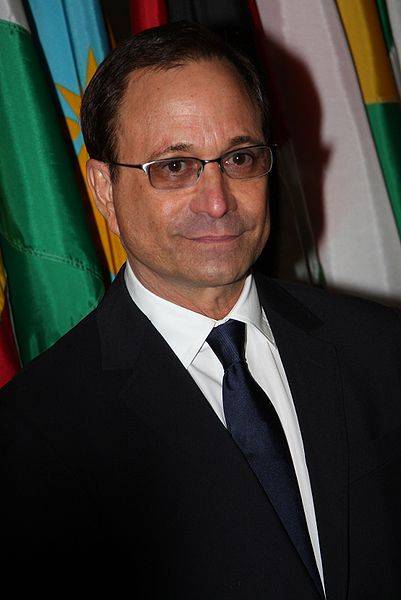
Ross Bleckner
Ross Bleckner is an American artist known for his abstract paintings that explore themes of memory, loss, and mortality. Born in 1949 in New York City, Bleckner studied at New York University and the California Institute of the Arts before earning his MFA from the School of Visual Arts in 1973.
Bleckner's early work was heavily influenced by the AIDS crisis, which claimed the lives of many of his friends and colleagues in the 1980s and 1990s. His paintings from this period often featured fragmented images of flowers and other natural forms, rendered in a soft, dreamlike style that suggests the fleeting nature of life.
Throughout his career, Bleckner has experimented with a wide variety of techniques and media, including painting, sculpture, and installation art. He is particularly noted for his use of a grid pattern in many of his works, which he has described as a way of "organizing chaos."
In addition to his work as an artist, Bleckner has also been a prominent figure in the art world as a teacher, curator, and philanthropist. He has taught at several institutions, including the New York Academy of Art and Columbia University, and has served on the board of the Whitney Museum of American Art and the International Center of Photography.
Bleckner's work has been exhibited extensively in galleries and museums around the world, including the Guggenheim Museum, the Museum of Modern Art, and the Whitney Museum of American Art in New York, and the Centre Georges Pompidou in Paris. He has received numerous awards and honors for his work, including the National Medal of Arts in 2015.
Years:
Born in 1949
Country:
United States of America, New York